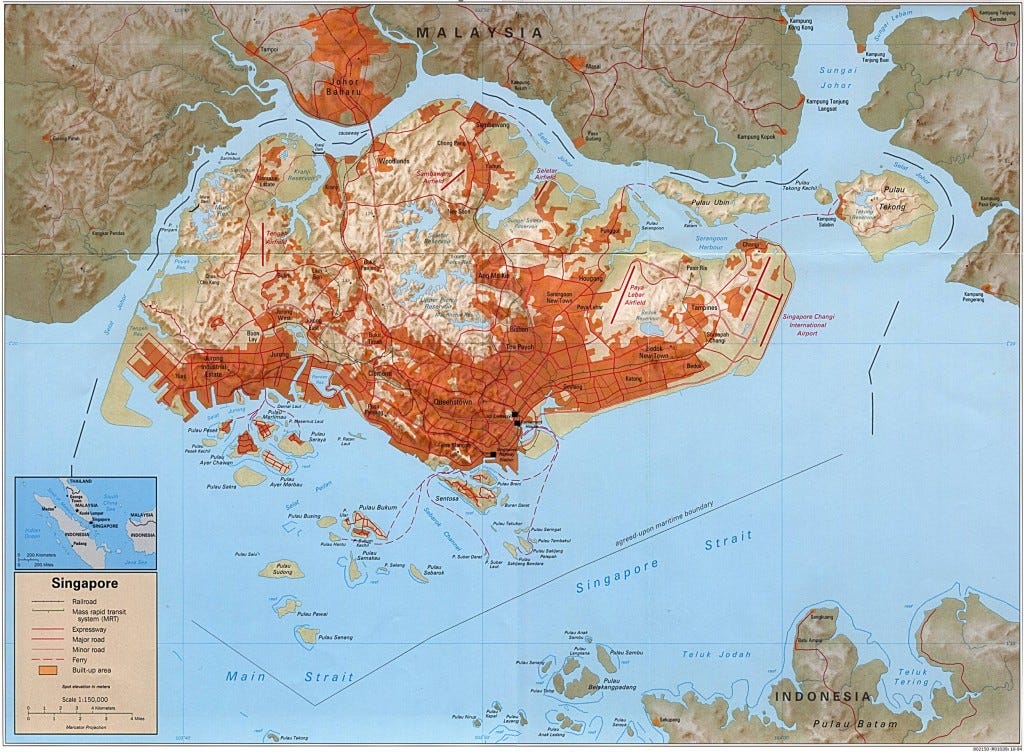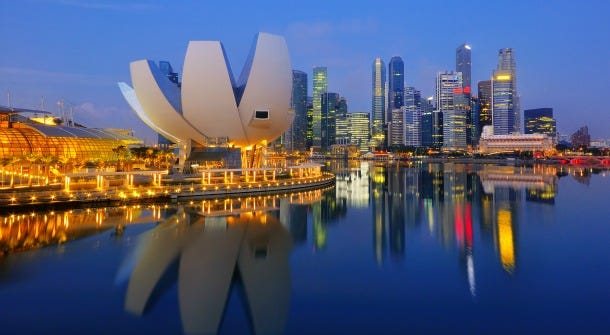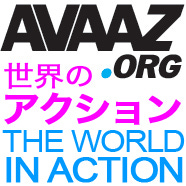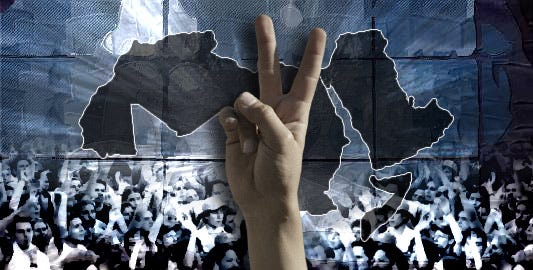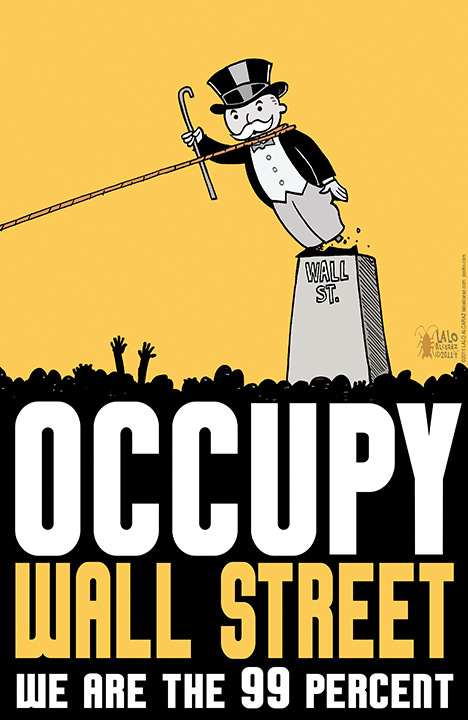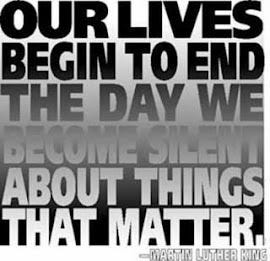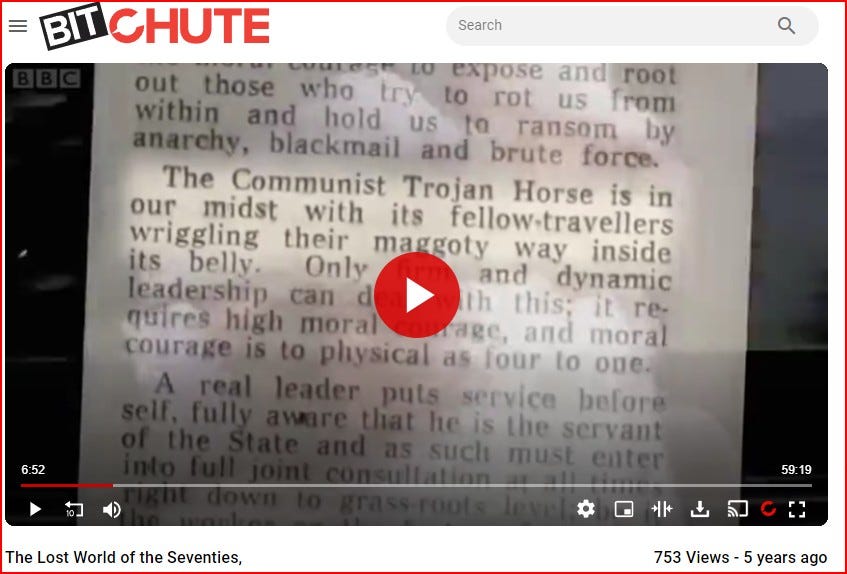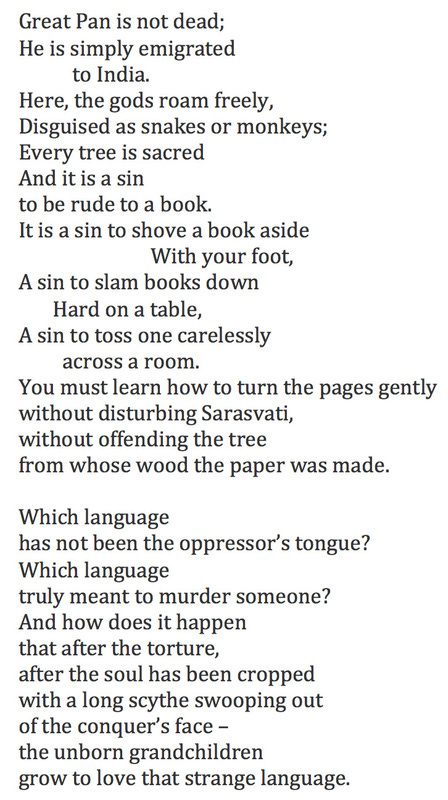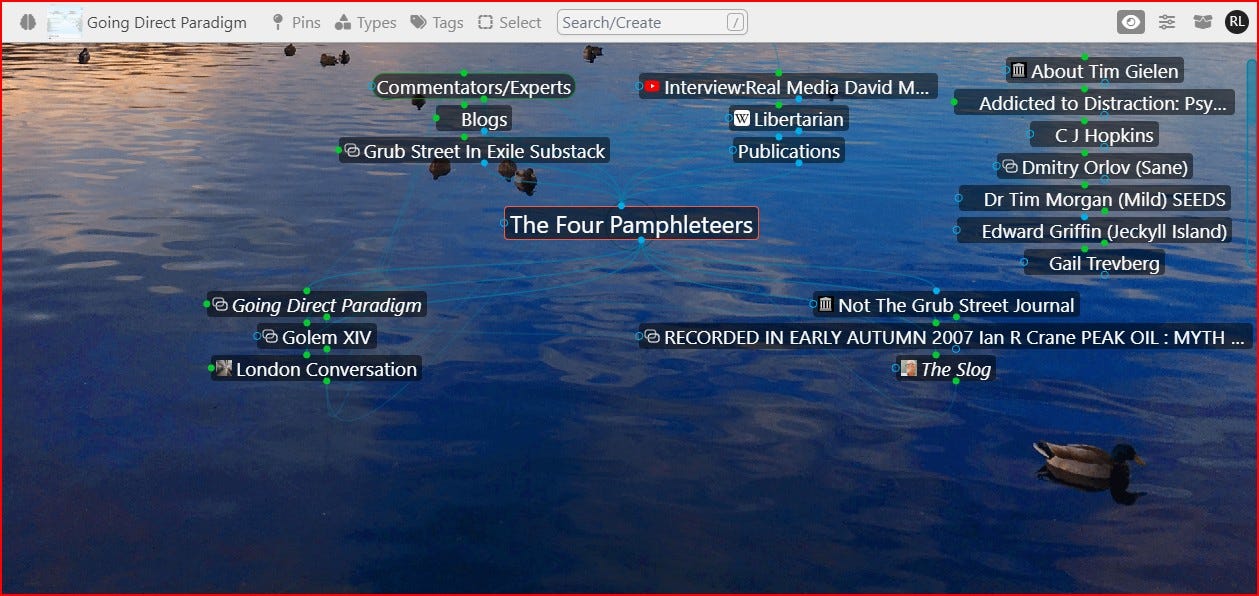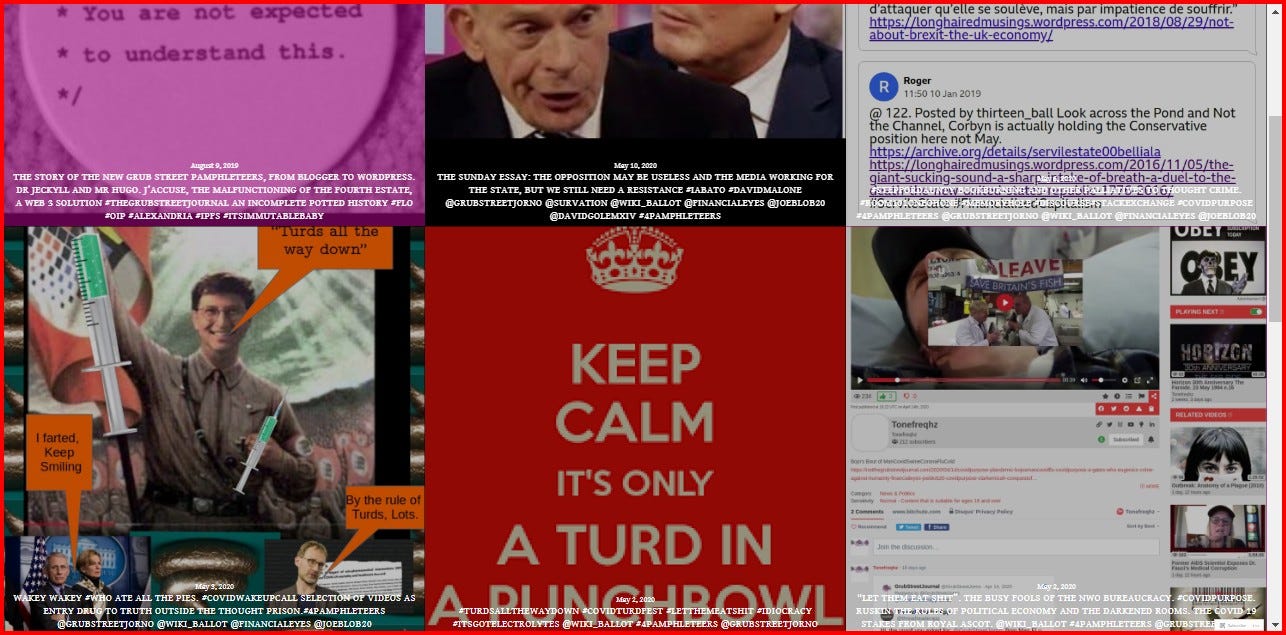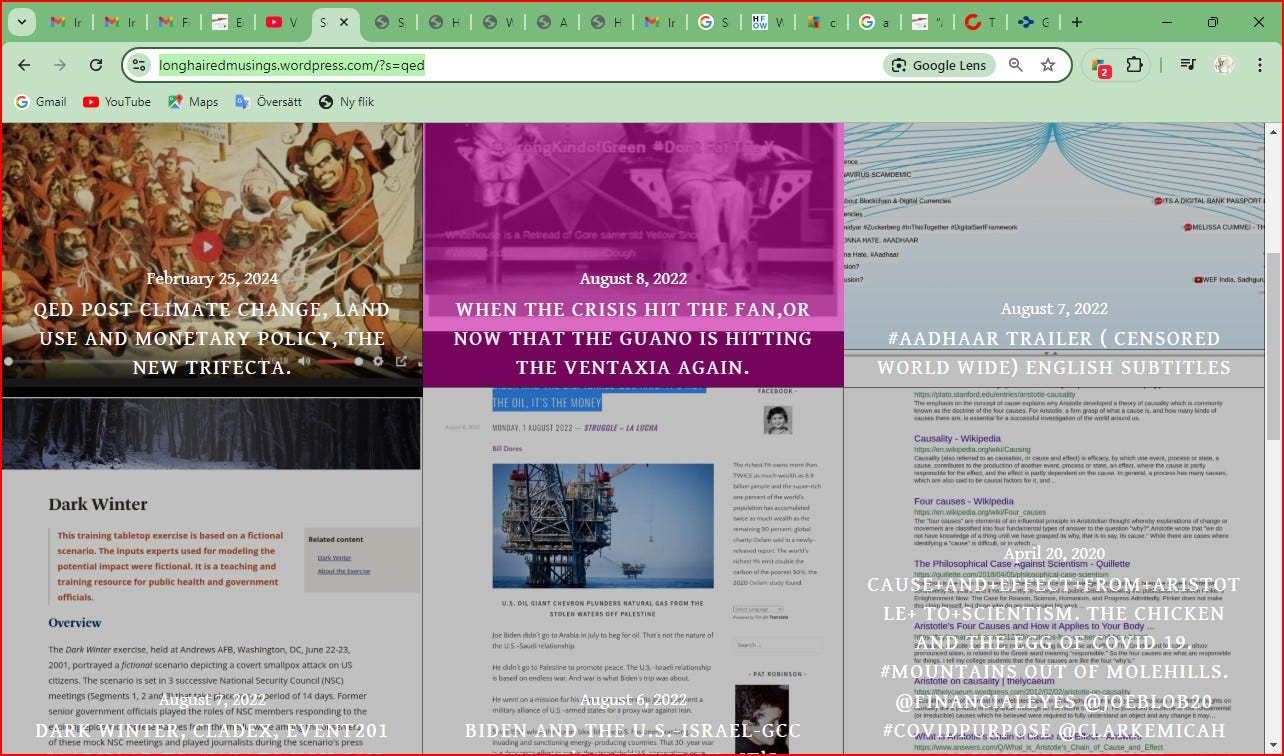All Roads Lead to the Carbon Currency End Game
#QED Catch Up Post Last 15 Years in Context Ranjan, David and John The 4 Muskateers are Still Objective Khunts.
Society and Politics in 2100 – Part 1: Speculations on a Very Different World
lenrosen4 Feb 24th, 2013 Comments Off
Humans are hard-wired social creatures. We have always organized ourselves starting with nuclear families and extending to formal and informal groupings such as tribes, gangs, clubs, political parties, nations and religions. Today we are on a macro level politically organized around the concept of nation, a recent phenomena, first arising in Europe and then spreading globally. Nationalism is both a positive and negative influence on our behaviour. It has contributed to two conflicts in the 20th century that killed tens of millions of us. In forming nations we have organized government around a number of models from monarchy, to totalitarian dictatorship, to theocracy, oligarchy and democracy. To regulate society within nations we have created sub-organizations. Federations consist of states or provinces. Within our federal and local governments we have those who govern and those who oppose. These are the political parties that have graced modern democracy since the 18th century. Even in dictatorships we find centrally managed political organizations formed under party banners.
This is our past and present. What about our future? What will our global community look like in 2100? How will we organize? How will we govern? How will we oppose? I would argue that today we already have the tools in place to disrupt what has been. Let’s look at what may very well be our world in 2100.
The rise of the city state may very well be a common pattern of the 21st century replacing national governments.
The emergence of direct democracy facilitated by universal connectivity.
The emergence of region over nation.
The development of a global loosely constructed federalism.
Corporate players and NGOs no longer sit on the sidelines but become participants in governance.
Traditional political parties are usurped by organized social cause movements.
The tools to invent this altered world exist today so it is not too much of a stretch to imagine that many if not all of these predictions will come true. Over the next few weeks I will be exploring each of these topics in greater detail. So let’s begin.
1. The Rise of City Over Nation State
Is Singapore the model for governance in the 21st century? Its 5 million people live on an island a mere 697 square kilometers. Born out of a colonial past, Singapore first gained independence as part of Malaya in 1961 but four years later separated to become a republic in the form of a city state. Today there is no equivalent to it on the planet but will other cities emulate Singapore sometime in the 21st century?
When you think about it, city states in the Internet Age may make more sense than any other form of government. And if Singapore is the example to follow it is hard to argue with a city state model that has produced:
the highest standard of living in Asia for its diverse populace that includes cultural representation from all parts of the world with Chinese, Malay and Indian predominant;
65% of its total population with access to the Internet;
more mobile phones than citizens with an estimated 7.8 million as of 2011;
a thriving free market economy that features diverse industries from electronics to life sciences, financial services to marine equipment for shipping and oil exploration and production;
an innovative arena for sustainable, green initiatives, including the vertical urban farms, eco parks and green buildings;
the 40th largest economy in the world with the 6th highest gross domestic product per capita;
better than 92% literacy with the average lifespan of its citizens 4th highest in the world;
an unemployment rate of less than 2%;
low levels of corruption and a court system based on English common law;
and a government that is a representative parliamentary democracy and that runs annual budgetary surpluses year in and year out.
Singapore punches well above its weight regionally and globally proving that a progressive city state works for the 21st century. Unfettered from a hinterland, unrestricted by state and federal ties, able to respond to the immediate needs of its citizens, can you imagine New York City, Chicago, London, Barcelona, or Toronto moving in the direction of the Singapore model. Will cities facing the challenges of the 21st century declare themselves independent? For those of us who have grown up in federations or nation states the idea seems fanciful but is it? Are our federal institutions or even state, provincial or regional governments better able to address local needs? In the United States where the federal government increasingly seems unworkable, would an Atlanta, Miami or New York be better off on their own?
In Part 2 we will continue to look in our crystal ball and speculate on how the Internet and social media will alter democratic processes in the 21st century. I invite you to come along for the ride.
HomePolitics and TechnologyNationsSociety and Politics in 2100 - Part 2: Universal Connectivity Equals Direct...
Politics and TechnologyNations
Society and Politics in 2100 – Part 2: Universal Connectivity Equals Direct Democracy
February 27, 2013
115
Continuing to look at what our political processes and institutions will look like in the year 2100, I raise the issue of how the Internet and mobile smart phones are altering engagement. Bill Gates has described the Internet as “the town square for the global village of tomorrow.” Without putting words in his mouth I would think he would also describe smart phones and tablets as self-empowering tools for those individuals within the town square. As the cost of these two technologies declines, cheap smartphones and tablets will empower the world’s poorest 2 to 3 billion giving them access to knowledge and new ideas well beyond the confines of their existing village, tribe or region.
We have seen the earliest stirrings that are consequences of universal connectivity. “The Arab Spring” is just one example. In the West we have seen Occupy Wall Street, Move On, 350.org, Avaaz and even the Tea Party achieve unprecedented reach and influence because of these technologies. Social networking has proven a powerful means by which causes and new ideas get disseminated. Crowdsourcing, crowdfunding, micro loans – all are the consequence of a pervasive Internet that reaches every corner of the globe.
The confluence of an ubiquitous Internet accessible by everyone may mean the death knell of traditional politics, not only in non-democratic states, but in democracies as well.
Let’s look at how these two technological achievements are impacting causes.
The Arab Spring
al-Rabee’a al-‘Arabi began with the action of one man, a Tunisian who in protest against police treatment set himself on fire, a blaze that soon spread across the Internet, fanned by smartphones and social media. The subsequent protest in Tunisia caused its dictator to flee the country. The self-immolation was soon repeated by a man in Egypt and within a few months, Hosni Mubarak, the longest ruling leader in the Arab World, was driven from office. Libya followed Egypt and today in Syria a civil war inspired by The Arab Spring is going full bore.
Other Arab countries have felt the ripples of protest inspired by the images of protest and text posted to Facebook, Twitter feeds, and YouTube. Algeria, Bahrain, Iran, Jordan, Lebanon, Mali, Morocco, Niger, Nigeria, Palestine, Saudi Arabia, the United Arab Emirates and Yemen have all seen rising civil unrest, the occupation of central city squares, general strikes and other protests, inspired by events shared through universal communications provided by the Internet and mobile phone networks. Even the community outside the Arab World found itself drawn into these conflicts first fed by spontaneous anti-government actions and soon evolving into organized revolutions supported by tanks, guns and rockets. No one has a crystal ball to see where it will end.
Occupywallst.org
This movement began in September of 2011 as a spontaneous sit-in in the Manhattan Financial District and then spread to more than 100 other U.S. cities and 1,500 across the globe. The movement’s manifesto is to represent the 99% who are without power and money, and sees banking, financial institutions and mega-corporations as the enemy. Occupy accuses these businesses as agents responsible for the economic collapse of 2008 leading to the “Great Recession.”
Inspired by the initial success of “The Arab Spring” in toppling totalitarian rulers from positions of leadership, the movement used similar tactics to attempt to destabilize political and economic institutions. But it seems to have lost much of its cachet since those early protests.
Today Occupy Wall Street states that “it is committed to making technologies, knowledge, and culture open to all to freely access, create, modify and distribute,” stating “the only solution is World Revolution.”
Its site includes contacts with all Occupy city chapters around the world, upcoming events to organize around, a “how to” manual for organizing Occupy actions, class war camp, how to form neighborhood assemblies, and connections to allied groups around the world.
350.org
This online organization is focused on preserving the planet by reducing humanities carbon footprint. The group’s name focuses you on the issue, 350 parts per million, the safe atmospheric upper limit for CO2. The movement is described as grassroots, using online tools to act globally. The movement transcends country borders. It mobilizes people everywhere to get involved through local activities, rallies, letters to political leaders, video clips on YouTube, and now, by starting a university to train future climate action leaders to alter government policies, shame industries into recognizing the consequences of their behaviors, and plan actions to achieve their ultimate goal, the rollback of CO2 in the atmosphere. Anyone who is a member can refer to the 10-step action plan posted online to help them begin his or her own event to raise awareness.
Avaaz.org
Avaaz is a social action network that is boundless in the issues it tackles. It has close to 20 million members worldwide and describes itself as the campaigning community “bringing people-powered politics to decision-making worldwide.” Avaaz encourages individual members to start a petition, empowering anyone with a cause to draw the support from its online community.
Avaaz means voice in several languages. It was launched in 2007. Today it campaigns in 15 languages creating petitions and getting millions of signatures, funding mass email, lobbying governments, organizing events and physical protests, and contacting the media using social networking’s reach and the Internet. A typical petition campaign can mushroom within a few hours after launch into hundreds of thousands of emails bombarding the target political body, individual, business or organization. Its causes are those of its members. It doesn’t lead. It facilitates.
Avaaz states the conviction that “we are all human beings first, and privileged with responsibilities to each other, to future generations, and to the planet. The issues we work on are particular expressions of those commitments.”
The Tea Party
This subset of the traditional Republican Party in the United States has been a force to be reckoned with since its founding during the “Great Recession.” On its website its “American first” manifesto includes 15 non-negotiable core beliefs which are proudly stated:
1. Illegal aliens are here illegally.
2. Pro-domestic employment is indispensable.
3. A strong military is essential.
4. Special interests must be eliminated.
5. Gun ownership is sacred.
6. Government must be downsized.
7. The national budget must be balanced.
8. Deficit spending must end.
9. Bailout and stimulus plans are illegal.
10. Reducing personal income taxes is a must.
11. Reducing business income taxes is mandatory.
12. Political offices must be available to average citizens.
13. Intrusive government must be stopped.
14. English as our core language is required.
15. Traditional family values are encouraged.
The cry “We must take back our nation” has been seen as the last hurrah of white supremacy against a sitting black President.
Today the party has tens of millions of supporters. It uses fax, phone and petition to get the word out. Many of its leaders are active on Facebook and Twitter. But because of its “non-negotiable” stance it has increasingly lost ground in the traditional political arena, a place where compromise creates wins more than losses. And because it remains a subset of the Republican Party the Tea Party fights a guerilla war against its bigger brother.
Strangely The Tea Party has borrowed a slogan from Martin Luther King (see below) to express its raison-d’etre. But will it survive the decade? As it is presently constituted, many including some of its members, think not. If it goes out on its own, the last third-party to succeed to government in the United States is the party in which it currently resides, the party of Abraham Lincoln, the Republicans.
So What Does This Mean in the Context of 2100?
Individual empowerment not from a gun but from smartphones, social networks, and knowledge gained and shared through the Internet leading to action.
In my previous posting on society and politics I talked about city states supplanting nations as a likely scenario in 2100. Just as likely is the rise of direct democracy with petitions like those started by individual Avaaz members, and plebiscites replacing house votes to establish policy. What this will mean for elected representation is clear. Representatives will no longer frame policy but will serve to enact it.
More speculations on the political implications of our technology-altered society will be shared in subsequent postings and I look forward to your comments on this subject.
Related Posts
A New Theory About How Life Originated on Earth and Elsewhere
Carbon Capture News Bytes – Direct Air Capture, Cyanobacteria and Progress on the Pathways Alliance
Combination of More Rain and Hotter Temperatures is Making Crops Like Corn Sweat
Electrified Thermochemical Reactor Could Revolutionize and Decarbonize Heavy Industry
Will Doctors Soon Have Digital Twins of Patients to Monitor Their Health?
Previous article
Environment Update: One More Sequestration Project Bites the Dust in Alberta
Next article
https://www.21stcentech.com
Len Rosen lives in Oakville, Ontario, Canada. He is a former management consultant who worked with high-tech and telecommunications companies. In retirement, he has returned to a childhood passion to explore advances in science and technology. More...
RELATED ARTICLES
Governments Spending $7 Trillion Annually To Subsidize Fossil Fuels
With COP 29 In Two Weeks A Reminder To Delegates – We Are On Pace For A 3.1 Celsius Rise In Atmospheric Temperatures
Italian-Swiss Border Change is the First of Many Geopolitical Adjustments Expected in the 21st Century
2 COMMENTS
2 COMMENTS
Galena Slavova March 1, 2013 At 12:38 am
I am deeply impressed of the articles in your block. It studies topic well and from different sites. However you are missing the “Eastern” Europe application of this topic. How internet influence poorer former communist countries.
Recently I produced some editorials on this. Would you welcome to make a joint article or publishing over this topics both on EU and world issues? I have prepared some series of materials and would appreciate to join our efforts for better global effect.
My blog is
http://www.galenaslavova.wordpress.com
lenrosen4 March 1, 2013 At 5:56 am
Hi Galena,
In writing about how technology will alter our social dynamic and polity in this century I am interested in learning more about your take on its impact on the post-Communist world.
Related Posts
Climate Skeptics Point to World Population as the Real Problem
To the United States Congress Canada Equals “Oil Sands” and Very Little Else
Chat With Ranjan , Tyranny of the Nerds, #ObjectiveKhunts, Grub Street.
ON LANGUAGE, OPPRESSION AND POLITICAL CORRECTNESS. THE BAARDS OF WALES. IMRE KALANYOS , ARANY JÁNOS,SUJATA BHATT
Who do you think you are kidding Dr North If you think we’re on the Run. #Technocracy #OligarchicalCollectivism
Bench notes Objective Khunts. Grub Street Censorship and war, war on cash proof of brain solutions. #OIP #MINDS #Steemit #Bitchute #Bittorrents #ETH
Tesla British Leyland of the 21st Century
https://www.aronline.co.uk/people/george-turnbull/george-turnbull-and-hyundai-video/
Sir George Turnbull creator of the Hyundai Pony
https://en.wikipedia.org/wiki/The_Trap_(TV_series) Century of Self
Our links with the past are more powerful than we know particularly our connection with the land and Nature. Our connection is still deep within all of us I believe and this short story about what the Baards of Wales meant to one Hungarian gypsy that emigrated to America Squares an eternal circle of which we all yearn for.
In the Elementary Scool of gordisa (short story) by Imre Kalanyos on AuthorsDen
In the Elementary Scool of gordisa
AUTHORSDEN.COM
Celtic Baards Speak Out.
And the Baards of wales would not give praises to the conquering Edward,
instead, they spoke words of truth in poem and song made insolence by violence of the Crown and they were burnt at the stake for the truth they Spake.
What principality this that burns its priests for speaking truth against the tyrant.
The Baards of Cymru Eire Cornwall Bretagne, Syntagma & St Pauls reach out to us across the energy of reincarnated spirit and language Past Heroes deeds and words emulated to assuage
As once the tyrant Tribute sought
These new Caesars take all yet offer nought
once more we offer Insolence in Poetry Song rhyme and reason to tell the truth, that’s painted Treason.
Original Poem By Roger Lewis.
After. Arany János’ masterpiece.
http://en.wikipedia.org/wiki/The_Bard…
Arany János was Hungary’s greatest epic poet and wrote this poem shortly after the visit of Austrian Emperor Franz Joseph to Hungary following defeat in the 1848-49 revolution war. Originally intended to be a poem to praise the Emperor, Arany, Janos used the story that King Edward I of England had 500 baards executed after his conquest of Wales in 1277. The poem is set in Montgomery mid-Wales.
”Tierra y Libertad”
The extract below is but an hors d’oeuvre, To a sumptuous banquet that is the whole piece at the link.
In the Elementary Scool of gordisa by Imre Kalanyos Friday, August 03, 2007 Rated “G” by the Author.
´´ I did not understand how the people of Sívó could be Gypsies. Due to the discrimination they were subjected to however, I knew that within the Hungarian society, my community, like the Gypsies, was placed in a social stratum defined by the color of their skin. It was then that it became clear to me that the Hungarians called my villagers Gypsies for the same reason the ancient Greeks called the rest of the world Barbarians.´´
“Poems connected me to a world beyond my own. It was from poems that I learned a history that was not taught in my school. Poems made me aware of human feelings that were always part of human history but rarely revealed in the history books. One such poem was “The Bards of Wales” written by Arany János (John Gold). In the poem, the poet gave me a view on the Welsh people’s acceptance of their country’s annexation by King Edward. The poem, as I understood it, was a reflection of the feelings of the bards. In the thirteenth century, after conquering Wales, Edward I traveled on horseback throughout the country to assess what his gains were. During his travel, he ordered the bards to praise him in their poems. Some five hundred bards, one by one, were burned at the stake because they cursed him instead of praising him. It was that poem that made me understand how Hungarians felt about the Russian occupation of their country. From the poem, I learned that human feelings are part of ongoing history and that they cannot be dictated. It was from “The Bards of Wales” that I learned a universal truth: the truth that neither kings nor dictators or tyrants can dictate human feelings. I loved poems. They instilled in me a belief—a dream without which life had no meaning. From my literal understanding of Ady Endre’s poem titled “From the Rill to the Ocean,” I learned that to want is the door to possibilities; to want is human, and that one’s will make dreams come true . I was in the fourth grade when I memorized Ady’s poem.
I memorized it because it depicted the environment in which I was living and the conditions I hoped to climb out of.” ……
“Throughout my life in Hungary, it was Ady’s poem that kept my hopes alive. It was the compelling factor in my determination to leave the rill in the hopes of reaching the saint, the big Ocean. ”
On Language and oppression
Another favourite of mine is.
A Different History
A poem from her book ‘Brunizem’ published in 1986
Biography
Sujata Bhatt is an Indian poet and native speaker of Gujarati (the language native to the west Indian region of Gujarat) born on the 6th of May 1956 in Ahmedabad and brought up in Pune until her family immigrated to the United States in 1968. Now residing in Bremen, Germany with her daughter and husband, she now works as a freelance writer and translates works of Gujarat poetry into English. Recognised as a distinctive voice in contemporary poetry, Bhatt has won many prestigious awards for her work.
Bhatt describes her childhood in India as “the deepest layer of my identity”. Even though she has said that she feels an immense amount of pride and love towards her mother tongue and her culture, Bhatt mainly speaks and writes in English.
https://longhairedmusings.wordpress.com/?s=The+Four+Pamphleteers





